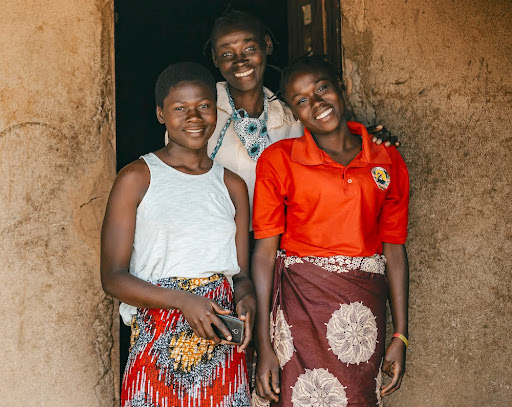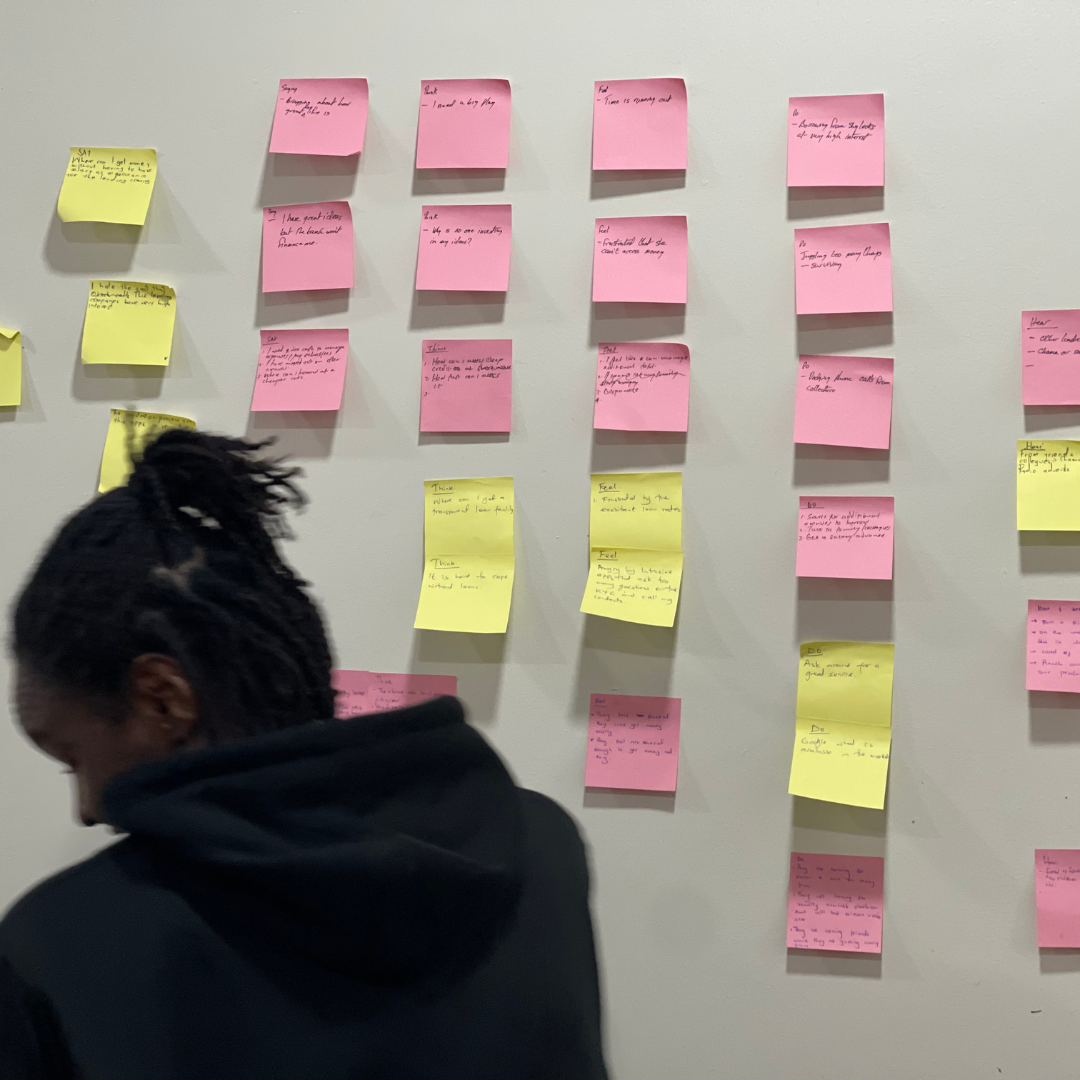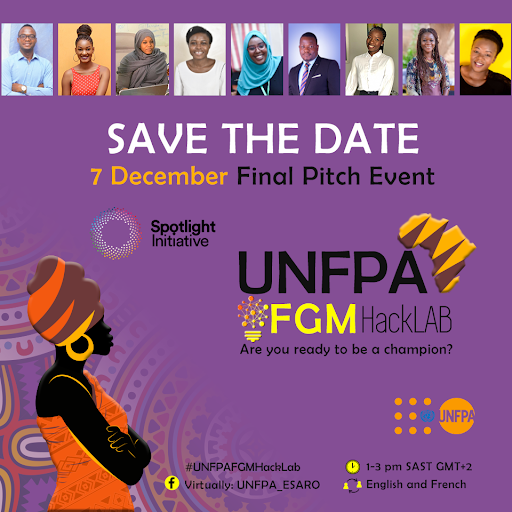The Ask

Female Genital Mutilation (FGM) has been an issue affecting girls and women in many countries in the world. In a number of African countries, FGM is still widely practiced and continues to affect both the physical and mental health of the women who are forced to undertake the cut for cultural, religious, or any other reasons. UNFPA together with its partners came together to run an FGM hack lab where participants would present innovative ideas to educate, prevent, reduce, and in the long run eradicate FGM from their communities. These ideas would form part of a pitch event during ICASA where the best ideas would get grants to see the ideas to life.
For this to be effective, the participating innovators would have to go through a boot camp where HCD skills would be imparted and shape the ideas into scalable, sustainable, and investable concepts.
The Observation
FGM was a common challenge in all the participating countries and all participants were united in the fight against it. The ideas were of a wide range from mobile apps, web apps, films, community forums, books, and many other possible solutions based on the communities from which the participants came. Internet connectivity was a big challenge in having a remote HCD boot camp. Coupled with timezone differences, multilingual participants, and technological service it was a challenge that we were able to manage.The Process

- Planning and Coordination: Collaborated with international HCD workshop facilitators to design a comprehensive 5-day remote boot camp tailored to the needs of participants from eight African countries.
- Training on Digital Tools: Provided participants with training on digital platforms and tools to effectively engage in remote workshops, ensuring smooth communication and collaboration despite technological challenges.
- Application of the Theory of Change: Guided participants in fleshing out their innovative ideas using the Theory of Change framework, which helped them articulate their objectives, target audience, and expected impact.
- Imparting HCD Knowledge: Conducted sessions on Human-Centered Design principles, focusing on how to understand user needs and incorporate feedback into the development of their solutions.
- Pitch Preparation: Assisted participants in transforming their ideas into practical and implementable solutions, readying them for the pitch event.
- Addressing Challenges: Navigated logistical hurdles related to internet connectivity, time zone discrepancies, and multilingual participants, ensuring that all voices were heard and included in the boot camp.
- Pitch Event: Facilitated the presentation of innovative solutions during the ICASA pitch event, where participants showcased their projects to potential funders.
The Outcome

Participants gained a comprehensive understanding of HCD principles, leading to the transformation of their innovative ideas into viable, scalable solutions against FGM. Two groups received grants of USD 50,000 each to implement their ideas and were further supported by incubation in the UNFPA Innovation Lab, enabling them to build and refine their solutions effectively.